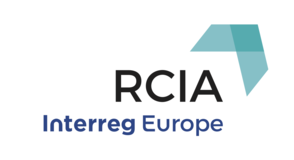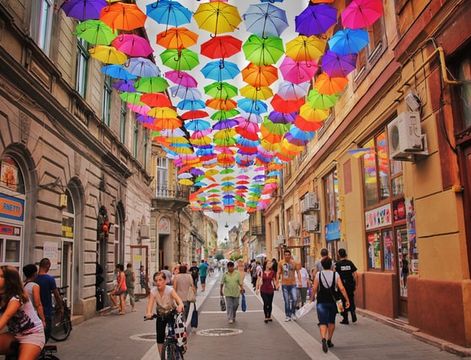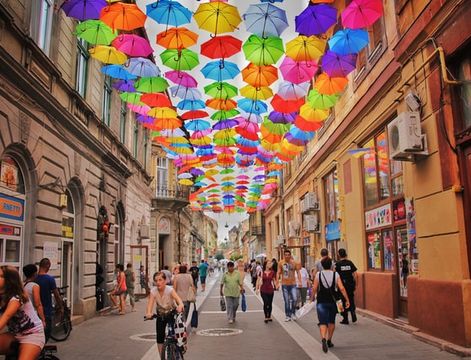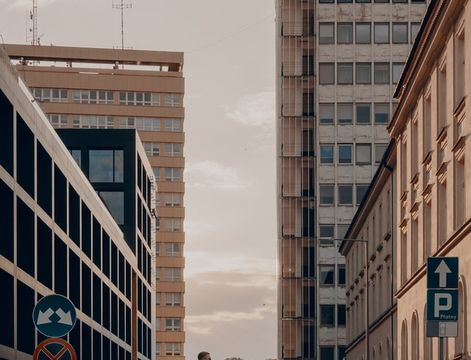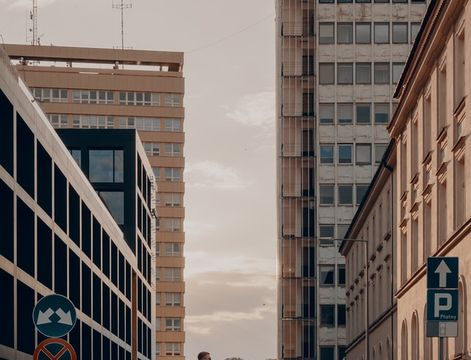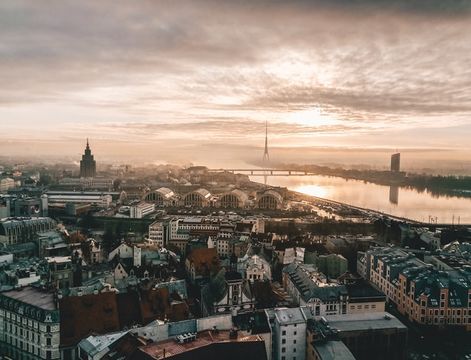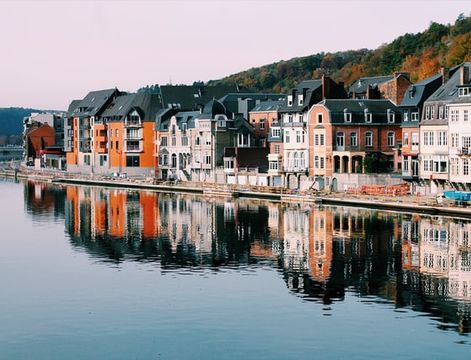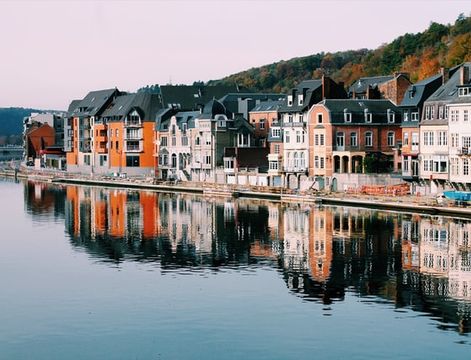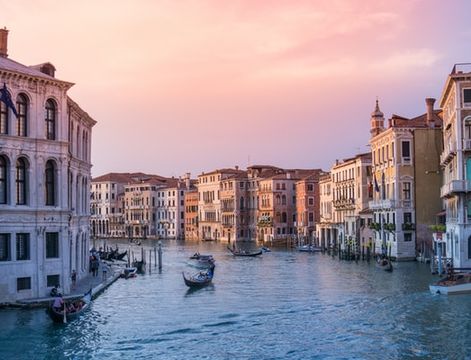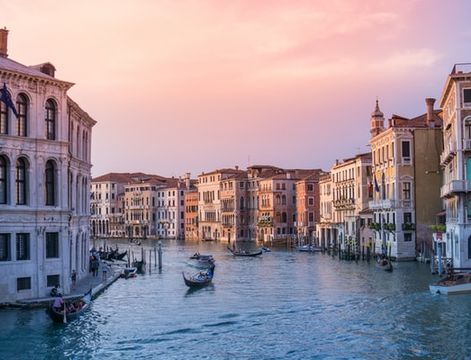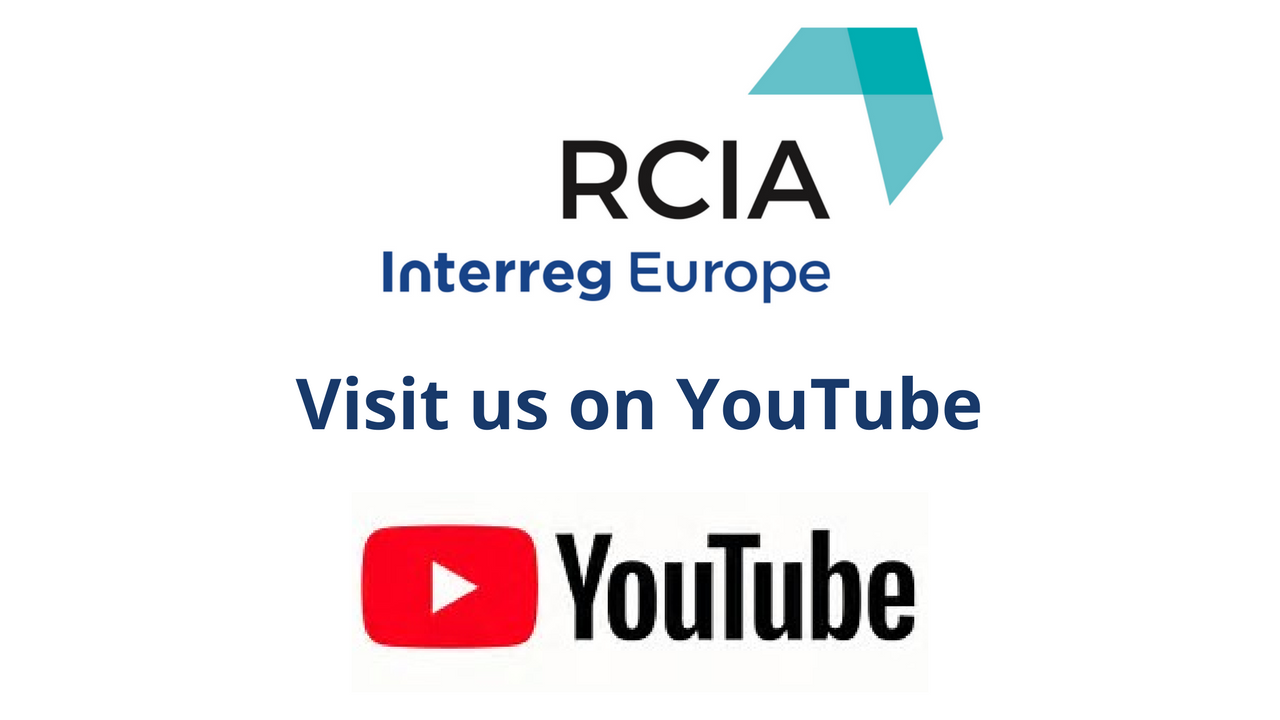Local Stakeholder Group Meeting, Barcelona
Pt. 2
On May 3rd, 2018, the Barcelona Chamber of Commerce (Spain) held its second regional stakeholder group meeting within the Regional Creative Industries Alliance -RCIA project.
Present at the meeting where representatives from government, business and cultural and creative industries. The first part of the meeting focused on the challenges that CCI in Catalonia are met with. At the meeting, the Local Stakeholder Group discussed themes such as incubators specialising in CCI, local production and how to foster it and the adaption of regional ecosystem towards a holistic approach.
The second part of the meeting focused on a debate about the adoption and transfer of Good Practices from Catalonia to other partner regions and vice versa.
The main conclusion was the following:
Within RCIA objective 1 on strengthening the creative SMEs competitiveness by improving their skills and supporting their growth on global markets, we found the opportunity to transfer the Markets & Internationalisation program from ICEC and we found particularly interesting to interact with specialised incubation programmes from other European regions, such as the Creative Industries Incubator from Latvia and the Creative Hubs from Wallonia.
In this regard, the Canòdrom Creative Research Park is a successful regional example on how to support innovation and entrepreneurship in the Creative and Cultural industries with Game BCN, a program specialised in videogames with the support of a unique international entrepreneurs ecosystem of the industry for developers.

Under RCIA objective 2 to adapt various funding mechanisms to the particularities of CCIs, the most internationally recognised good practices to transfer to other regions would be the repayable contributions and participative loans from ICEC and we would be interested in adopting the Creative Vouchers from Austria.
Under RCIA objective 3 to increase the awareness of the wider economy on the transformative power of creative SMEs for their own competitiveness, the main good practice to be transferred from Catalonia to other regions would be the Catalan clusters policy.
Under RCIA objective 4 that seeks to develop/adapt/improve the ecosystem from classic spatial cross-collaboration into a holistic approach, an example of good practice to be transferred would be the Smart Specialisation Strategy from Catalonia (RIS3CAT), that focuses on 7 leading sectors, one of them being the Design based Industries and another one the Experience based Industries which include Cultural and Creative Industries, such as Tourism and Sports.
Another good example to promote creativity, education, entrepreneurship, urban networking and social cohesion at local level are the Creative Factories from the Culture Institute of Barcelona (ICUB) managed by the Barcelona City Council. Ten old factories within the city of Barcelona have been restored to host artist, cultural agents and creativity promotion associations in partnership with the education and vocational training sector. The main goal of such collaborations is to contribute to developing a blend of skills around creativity and entrepreneurship, critical thinking, risk taking and social engagement.
See more from the the LSG in Barcelona right here
